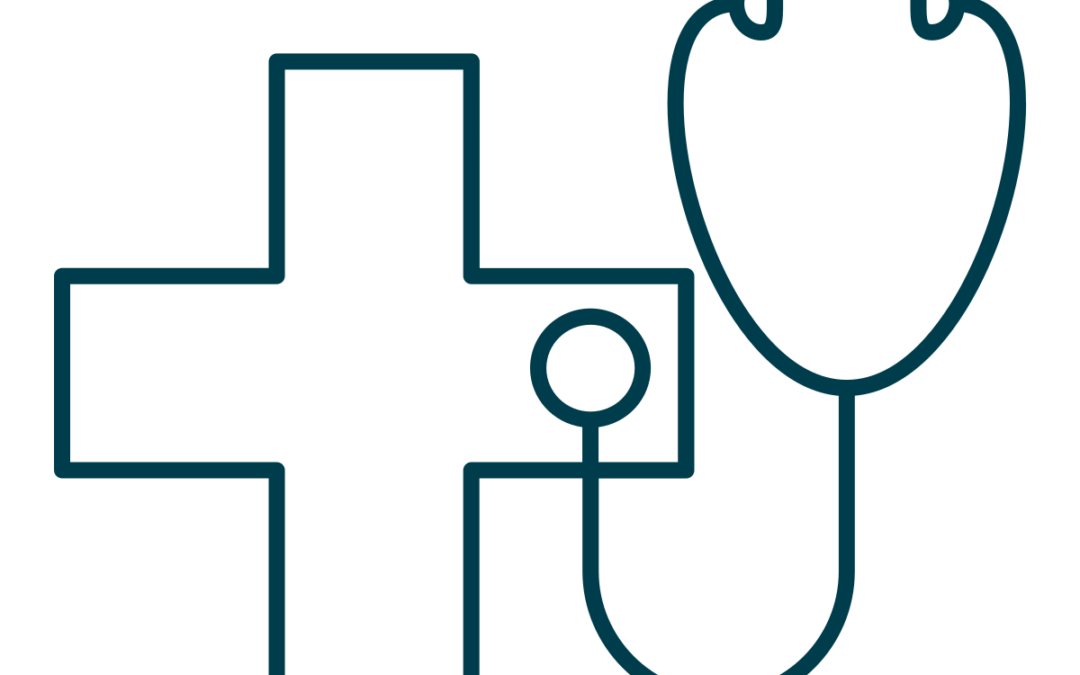By Chris Powell, THINKMD CEO

With rapidly advancing technology empowering healthcare seekers with information and resources, it has never been more important for healthcare decision-makers to ensure that high quality healthcare is at the top of the agenda. Clinical quality at the point-of-care supports healthcare seekers in making appropriate and timely healthcare decisions, with significant impact.
First and foremost, high-quality care leads to better patient outcomes. When patients receive care that meets their needs and is delivered in a safe and effective manner, they are more likely to recover faster and experience fewer complications. This, in turn, leads to a lower burden on the healthcare system, as patients are less likely to require ongoing care or hospitalization. This can have a significant impact on health financing – for example, adherence to WHO clinical guidelines for child pneumonia can save up to US$ 1.16 billion across 74 countries. It also saves lives, with studies showing that 39.8 million DALYs ( disability-adjusted life years) could be saved by child pneumonia management according to WHO clinical guidelines .
Second, a focus on clinical quality can help to improve the reputation of an organization. Patients and their families are becoming increasingly savvy about the quality of care that is available to them, and they are more likely to trust healthcare providers and organizations that have a reputation for delivering high-quality care. By prioritizing clinical quality, you can demonstrate your commitment to providing the best possible care, in alignment with your healthcare mission.
Finally, a focus on clinical quality can help to improve the morale of your frontline health workforce. Health workers are often passionate about their work and want to make a positive impact on the lives of their patients. By providing them with the resources and support they need to deliver high-quality care, you can help to boost their morale and ensure they feel supported to provide timely and appropriate care.
As global health organizations focus on universal health coverage (UHC) in 2023, quality is a major topic within the framework of the Sustainable Development Goals. Between 5.7 and 8.4 million deaths are attributed to poor quality care in low- and middle-income countries each year, costing up to $1.6 trillion each in lost productivity. Yet, it’s estimated that high quality health systems could prevent 2.5 million deaths from cardiovascular disease, 900 000 deaths from tuberculosis, one million newborn deaths and half of all maternal deaths each year. As groups come together to build out the Action Agenda from the UHC Movement, quality is a priority in advancing progress towards UHC and delivering health for all.
How will you prioritize clinical quality in 2023?

